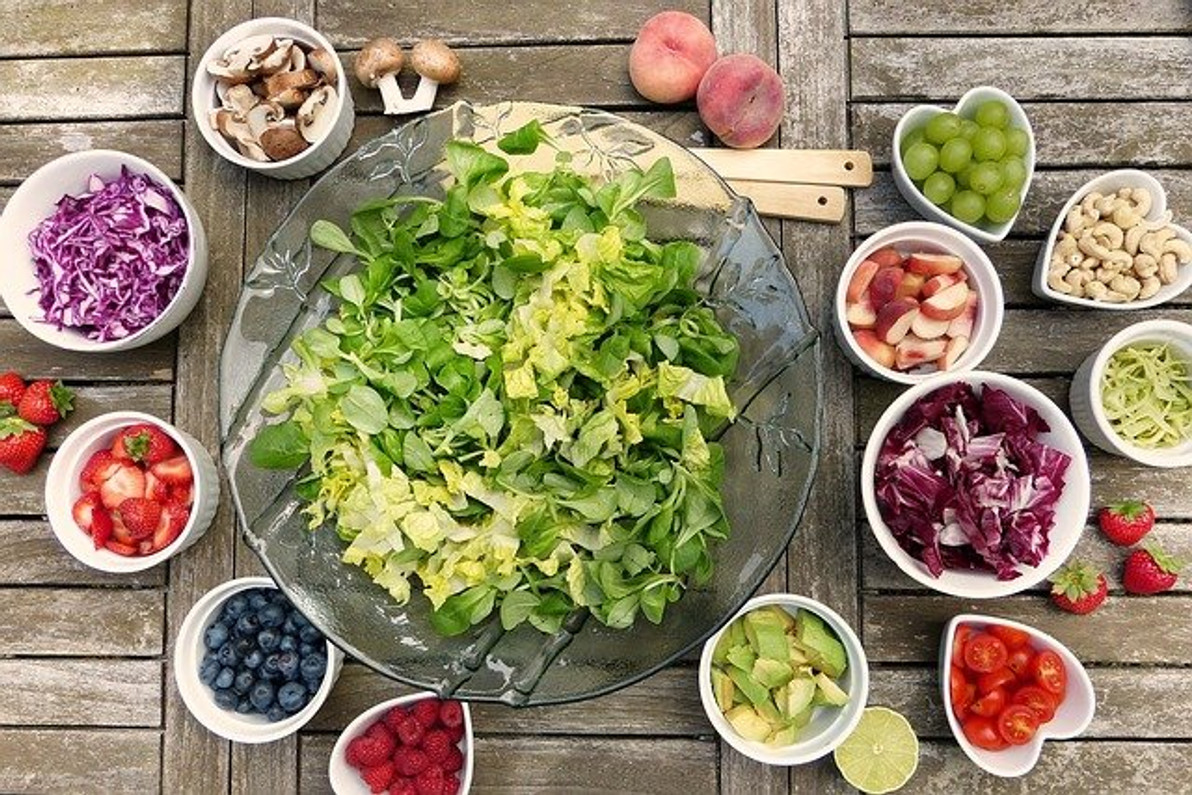Kidney Stones: How to Lower Your Risk of Developing Them
Kidney stones are an all-too-common occurrence in middle-aged adults and seniors. Research shows that roughly 13% of all women and 7% of all men will develop at least one kidney stone during their lifetime. A kidney stone, of course, is a solid mass that accumulates inside the urinary tract. Depending on the size, it can cause mild to severe pain -- with some cases of kidney stones requiring surgery to treat. The good news is that you can lower your risk of developing kidney stones by taking a few simple precautions.
Beware of Vitamin C Supplements
While vitamin C supplements are often touted as an effective way to boost your immune system, they come with an increased risk of kidney stones. Not all of the vitamin C in these supplements is absorbed by your body when consumed. Some will remain trapped inside your body where, over time, it can form into a kidney stone. If you're worried about kidney stones, it's best to avoid taking vitamin C supplements.
Stay Hydrated By Drinking Lots of Water
Staying hydrated will lower your risk of developing kidney stones. It's estimated that roughly two in three U.S. adults suffer from mild-to-severe dehydration. Dehydration can affect your health in many ways, one of which is increasing the risk of kidney stones. Without a sufficient amount of water, organic material will remain trapped inside your urinary tract. Eventually, this matter may accumulate to form a kidney stone. You can lower your risk of kidney stones, however, by drinking lots of water throughout the day.
Increase Calcium Intake
Contrary to what some people believe, calcium doesn't cause kidney stones; it actually has the opposite effect by preventing kidney stones. People who consume an insufficient amount of calcium in their diet are more likely to develop kidney stones than their counterparts. Without sufficient calcium intake, oxalate will build up inside the urinary track. If oxalate levels are too high, it may form into a large and solid mass, thus creating a kidney stone.
Eat More Veggies and Less Meat
Finally, structuring your diet around more veggies and less meat can help protect against kidney stones. Research shows that people who eat an excessive amount of meat in their diet are more likely to develop kidney stones than people who eat less meat. You can still include some meat in your diet, but you should focus on leafy greens and other veggies to minimize your risk of developing kidney stones.
Recent Posts
-
Fire Safety in the Workplace: What You Need to Know
What steps are you taking to prevent fires in your workplace? According to the U.S. Occupational Saf …Aug 23rd 2023 -
Is It Safe to Go Jogging With a Cold Infection?
If you're suffering from a cold infection, you might be wondering whether it's safe to go jogging. T …Aug 22nd 2023 -
5 Safety Tips to Follow When Using a Powder-Actuated Tool
Powder-actuated tools are commonly used to join materials to steel and concrete. Also known as Hilti …Aug 20th 2023




